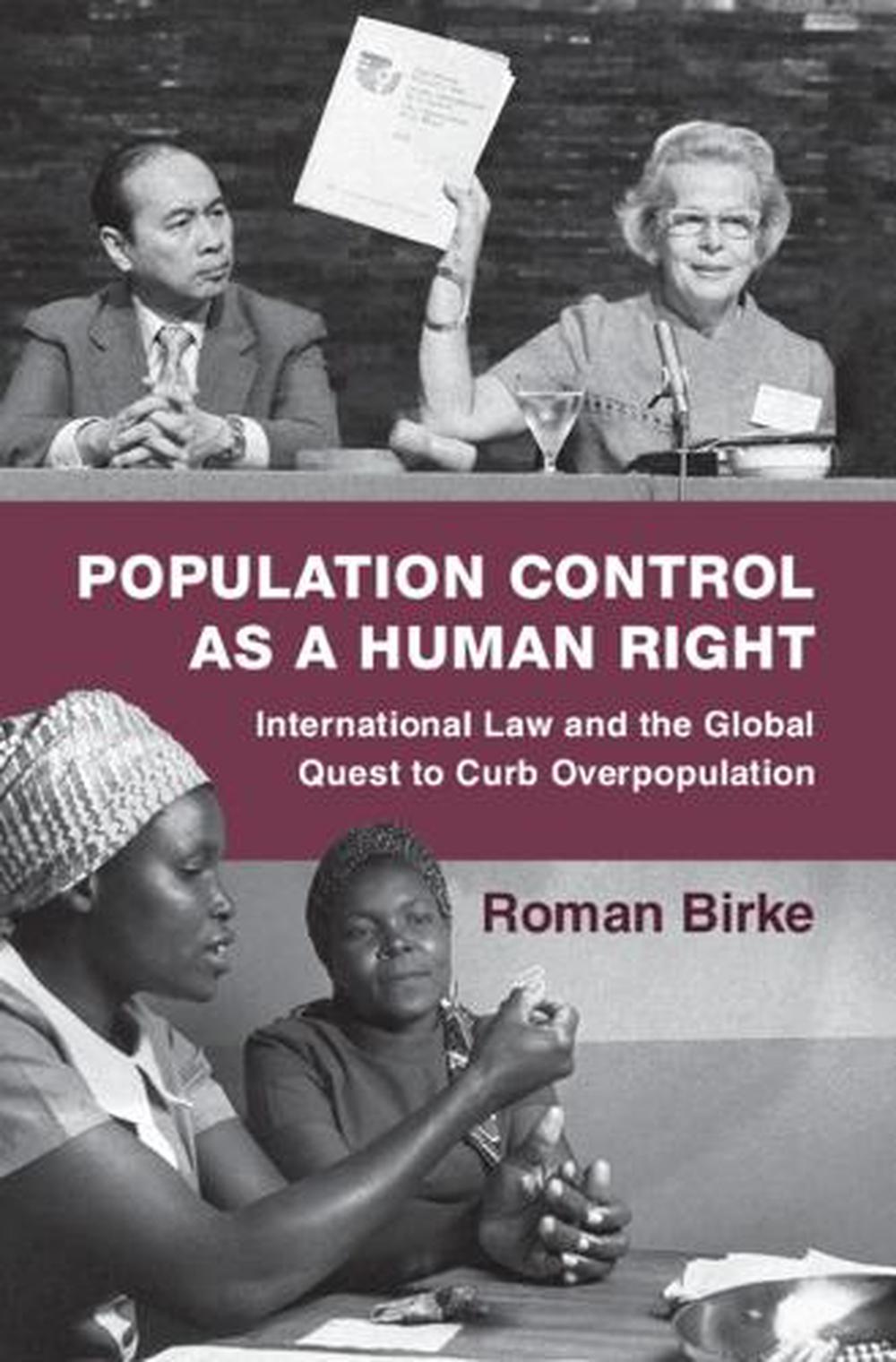
Population Control as a Human Right
international law and the global quest to curb overpopulation
$225.81
- Hardcover
234 pages
- Release Date
23 October 2025
Summary
The Rights and Wrongs of Population Control: A Global Perspective
Concerns about global overpopulation spread rapidly in the 1940s and persist today. The UN Resolution on Human Rights and Family Planning (1968) argued that population growth endangered human rights, codifying a right to contraception. Conversely, others viewed family planning as an essential individual right independent of demographics.
Roman Birke explores how human rights became central to this debate, util…
Book Details
| ISBN-13: | 9781009601160 |
|---|---|
| ISBN-10: | 1009601164 |
| Series: | Human Rights in History |
| Author: | Roman Birke |
| Publisher: | Cambridge University Press |
| Imprint: | Cambridge University Press |
| Format: | Hardcover |
| Number of Pages: | 234 |
| Release Date: | 23 October 2025 |
| Weight: | 495g |
| Dimensions: | 161mm x 236mm |
You Can Find This Book In
What They're Saying
Critics Review
‘This original and important work analyzes the surprising and contradictory ways in which advocates of population control invoked human rights as a justification for their policies from the 1940s on. Roman Birke reconstructs decades of debate about whether population control was a collective human right or an individual one; whether individual rights to control reproduction could be violated-even coercively- in the interests of society as a whole; whether population control was a prerequisite for realizing human rights or promoting social and economic human rights was the key to population control. Birke’s meticulous analysis of the discourses of proponents and opponents of population control as a human right is accompanied by insightful case studies of how these debates played out in diverse national contexts. Population Control as a Human Right provocatively challenges prevailing understandings of the histories of human rights and of global reproductive politics.’ Mary Nolan, New York University
About The Author
Roman Birke
Roman Birke is Assistant Professor in Modern European History at Dublin City University.
Returns
This item is eligible for free returns within 30 days of delivery. See our returns policy for further details.




